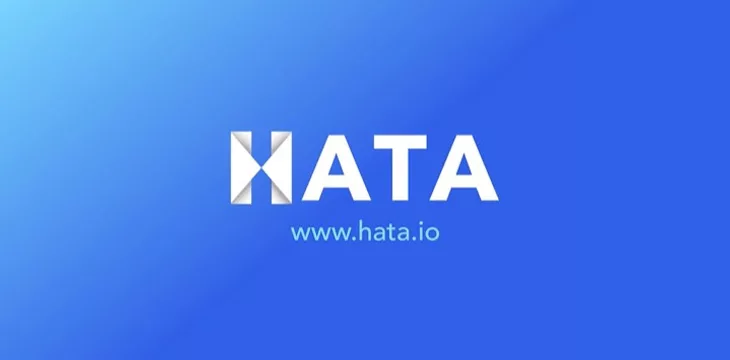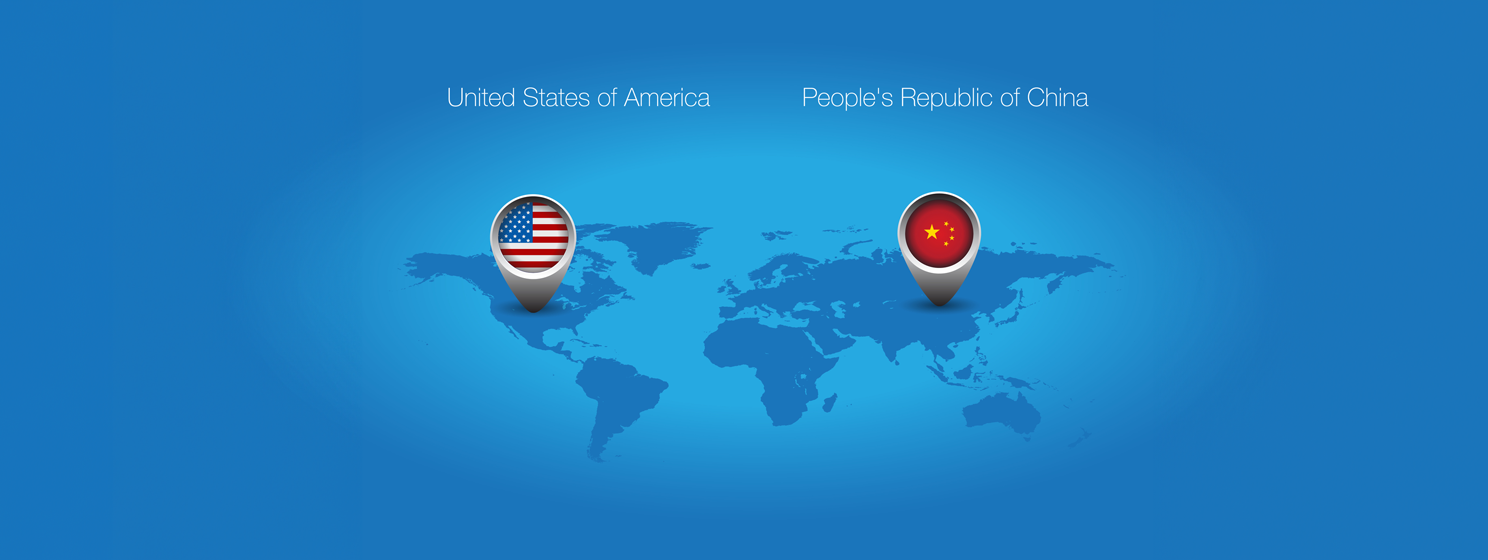|
Getting your Trinity Audio player ready...
|
After meeting the stipulated requirements, the Malaysian Securities Commission (SC) has approved local trading firm Hata to operate a digital asset exchange in the country.
The in-principle approval will allow Hata to offer Malaysians a range of digital currency services, including broker-dealer services. Hata focuses on providing services to retail and institutional clients within Malaysia’s Recognised Market Operator framework.
The framework came into effect in 2019, with digital asset service providers expected to seek registration with the Malaysian securities regulator. Since the framework’s launch, the SC has only given in-principle approval to two firms—SINERGY DAX and Tokenize Technology.
Hata received its in-principle approval with Luno Malaysia and MX Global, bringing the number of licensed exchange operators to five.
“Entities which have not been approved by the SC, including those which have previously been operating under the transitional period, are required to cease all activities immediately and return all monies and assets collected from investors,” read a warning by the SC.
Receiving the in-principle approval was not a walk in the park for Hata as the firm had to satisfy the stiff requirements of the SC. The firm had previously obtained a money broker license from a regional authority to operate a U.S. dollar exchange, hinting at Hata’s ambitions to also enter mainstream finance.
Hata is eyeing a full license, noting that it will collaborate with local regulators before achieving its goals. If all goes according to plan, Hata could launch its platform to the general public in early 2024, with the firm reportedly shopping for local talents to boost its ranks.
The Malaysian securities regulator has heightened scrutiny over the local Web3 industry, cracking down on erring firms. In May, the SC issued a public advisory against Huobi Global for failing to seek registration before offering its services to residents in the city.
“Those who invest with unlicensed or unregistered entities or individuals are exposed to risks such as fraud and may not be protected under Malaysian securities laws,” the regulator said.
An eye on innovative technologies
Despite the strict handling of digital asset service providers, Malaysia has a soft spot for blockchain and other emerging technologies.
In June, the country entered into a partnership with China to explore the viability of improving cross-border payments using blockchain-based systems and artificial intelligence (AI). The bilateral collaboration is a joint effort between Malaysia’s Universiti Malaya (UM) and China’s Academy of Information and Communications Technology (CAICT).
“We expect that the synergistic combination of AI and blockchain technology will lead to breakthroughs that greatly enhance the efficiency and security of cross-border trade,” said UM lead researcher Dr. Saaidal Razalli Azzuhri.
Watch: What’s next for digital asset exchanges & investment?

 02-13-2026
02-13-2026 




